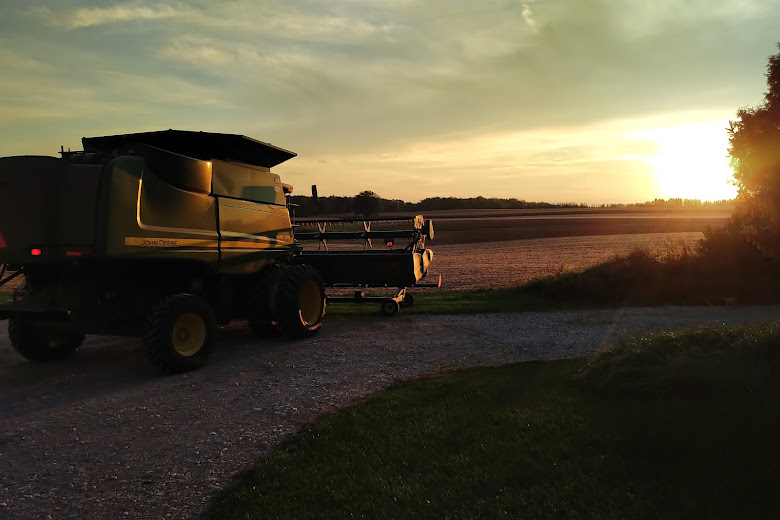 |

The viability of Mr. Rausch’s negligence claim turns on three issues: first, whether the City may be said to owe either a statutory or common law duty of care; second, if a common law duty of care may be said to exist, whether Mr. Rausch has pleaded such a duty; and, third, if so, whether it is statute-barred. In my view, the statutory framework imposes no explicit duty of care. That said, I would not foreclose the possibility that Mr. Rausch may be able to establish an implied statutory duty of care. I am also of the view that Mr. Rausch’s amended pleading advances a viable common law duty of care – one that is not out of time. I would therefore confirm the order of the Divisional Court and dismiss the City’s appeal.The Court of Appeal did not decide whether the claim against the City was successful - it decided whether there was a possibility that it could be successful. As the decision was in the affirmative, the Court confirmed that the negligence claim could proceed to trial.